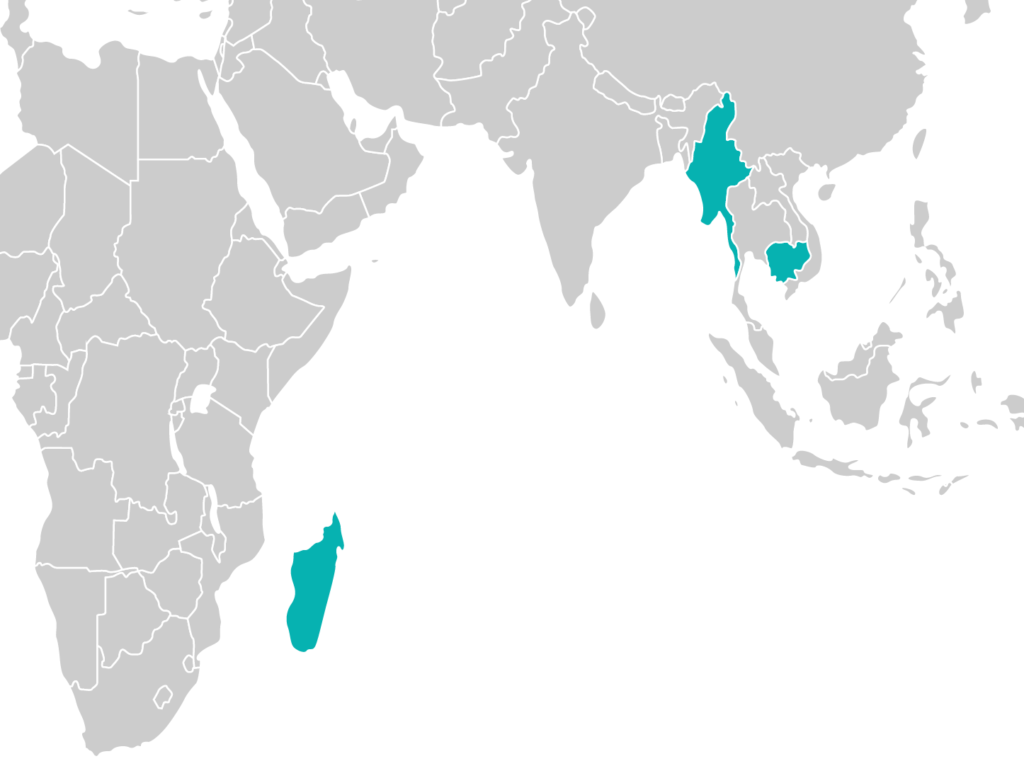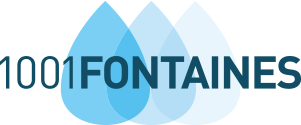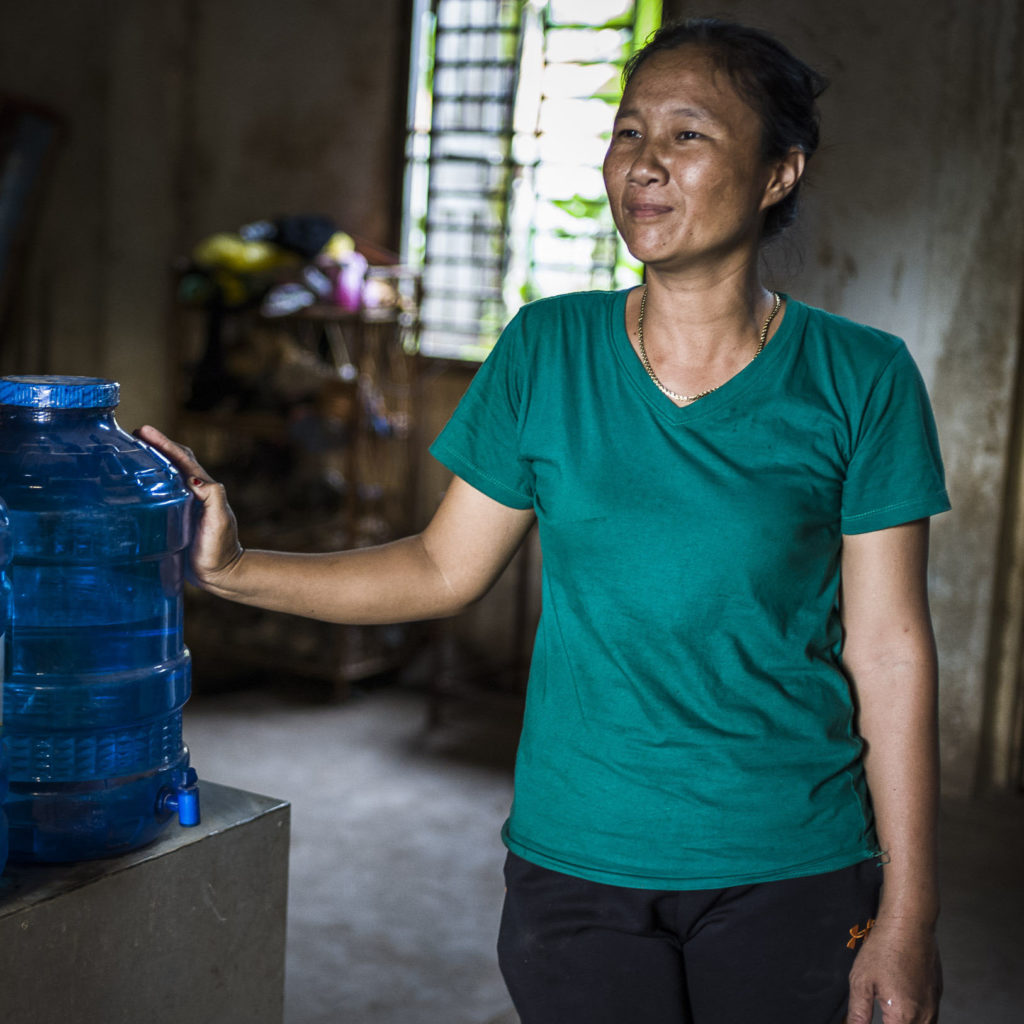

In Cambodian villages, most people collect the water they drink from ponds and rivers. That water is often contaminated -especially with the increase of human activity- and is not safe to drink which leads to water borne diseases such as diarrhoea for instance.
In 2004, a young Cambodian born in a village and studying water engineering in France created with a French consultant, and a french NGO volunteer, 1001fontaines to bring a solution to this problem. Their idea was to develop a sustainable and scalable solution by empowering the local communities. This is how they decide to launch “water kiosks” in rural Cambodia.
A water kiosk is a mini plant located in a village, using water from the pond or the river, treating the water locally and selling it to the villagers around. The kiosk is set up on land given by the community and managed by a villager acting as an entrepreneur who produces and sells the water. The decentralized model allows the price to remain affordable. Since 2004, 1001fontaines has established more than 267 kiosks in villages across Cambodia.
This creates employment and activity in remote areas where people are struggling to find sustainable opportunities. Typically, a water kiosk entrepreneur will create jobs for 2-3 people per village.
In schools the water is supplied for free to 260.000 kids, which has a proven impactful in reducing absenteeism and allows kids to grow healthier and benefit from their education.
1001fontaines is also operating in Madagascar, Myanmar and Vietnam.
kiosks in Cambodia
kids benefiting of school program
reduction of absenteeism at schools (source)

Consumer, Prek Luong village
“Every day, early morning, before the sunrise, I used to wake up to fetch water from the pond on the outskirts of the village. I knew that the stagnant water is not good for the health of my family, so I used to boil it to make it drinkable. When the sun rose, I gently woke up my only daughter Arunny to prepare for school. Sometimes Arunny had had a belly ache and that meant she would miss yet another school day.
Today thanks to 1001 fontaines that is not the case anymore. I can buy safe drinking water from my neighbour Haem who is delivering it from the 1001fontaines water kiosk, just a few kilometres from my village. Haem is delivering the safe drinking water also to Arunny’s school, so all the school kids can benefit from it, not missing school days and have a bright future.”